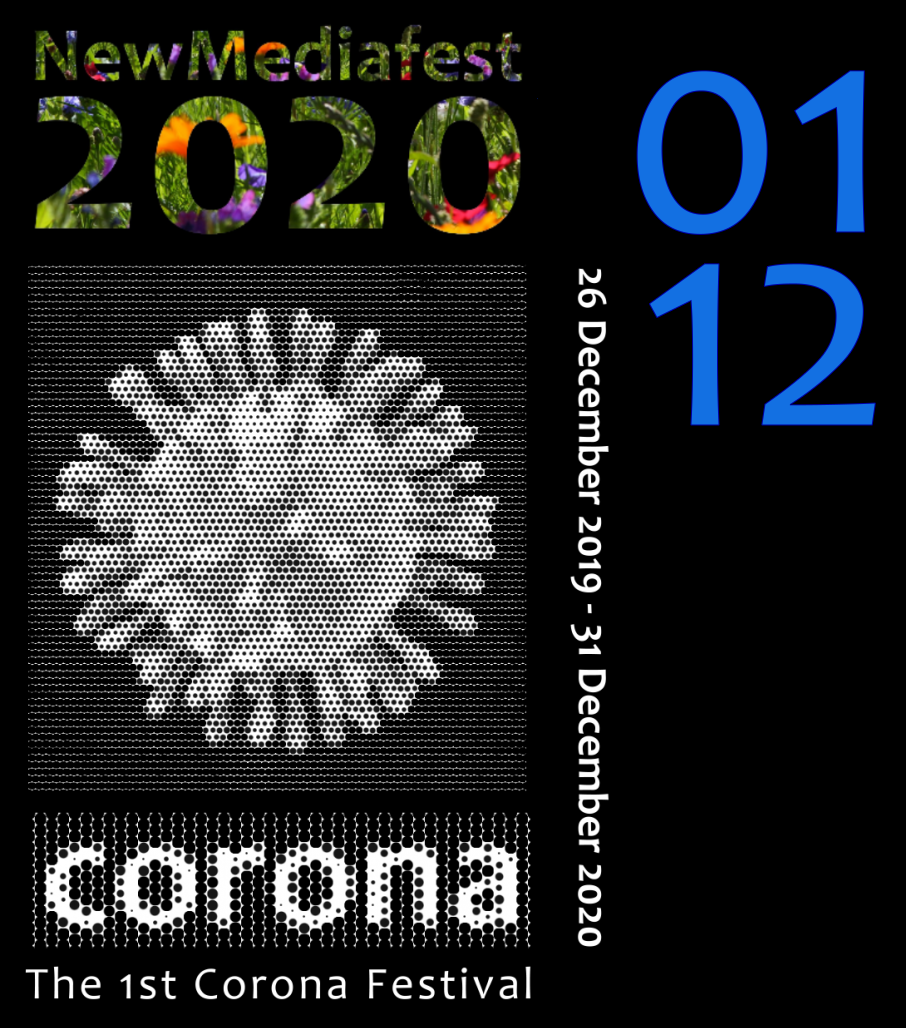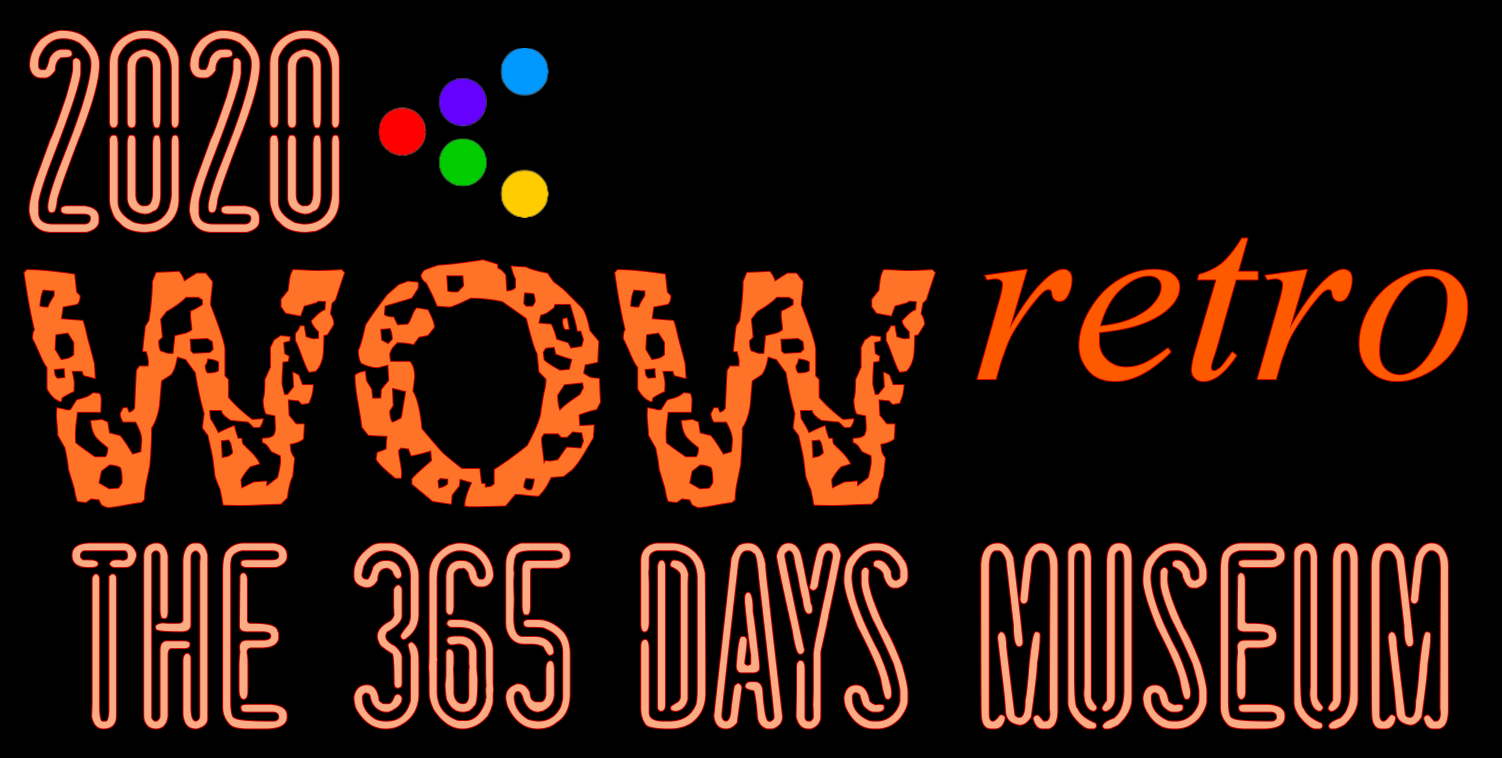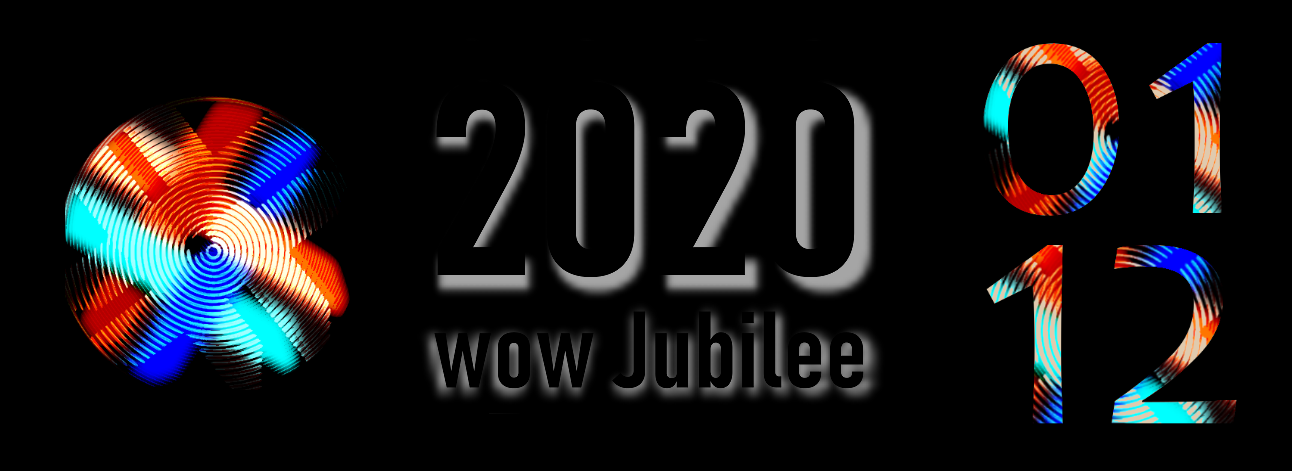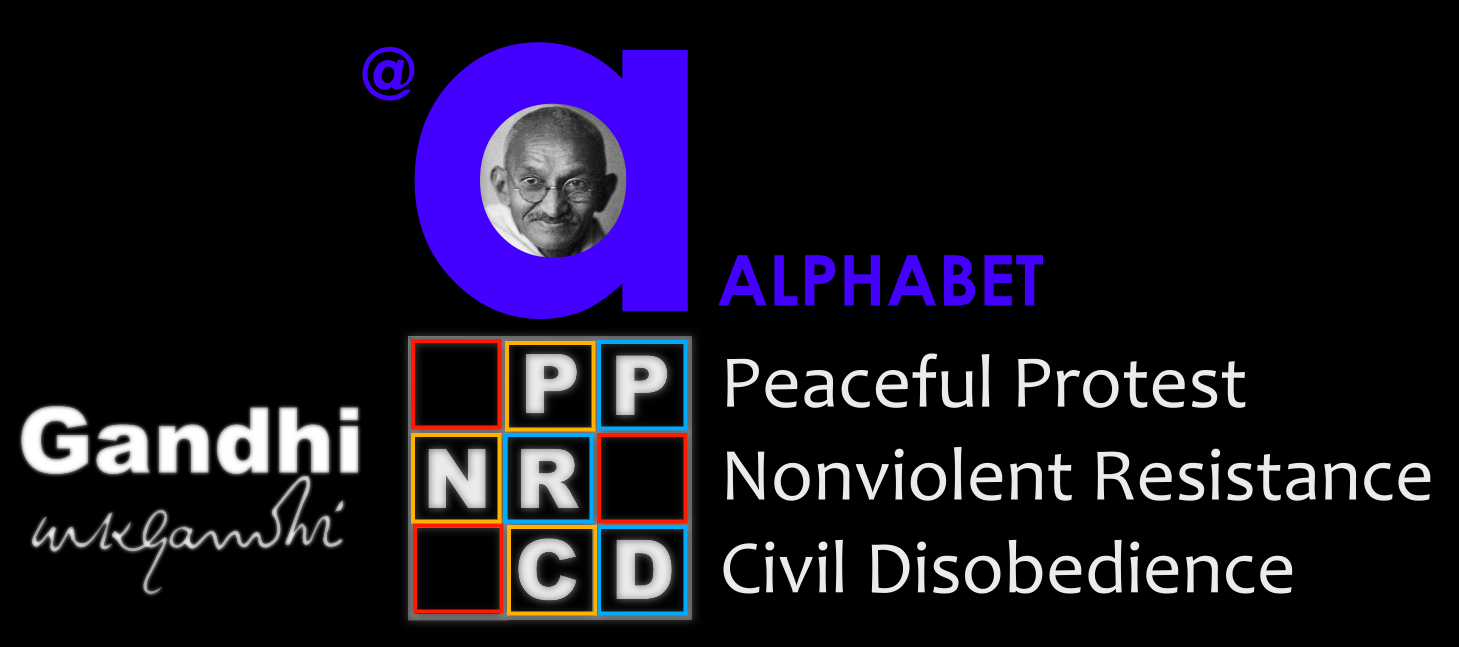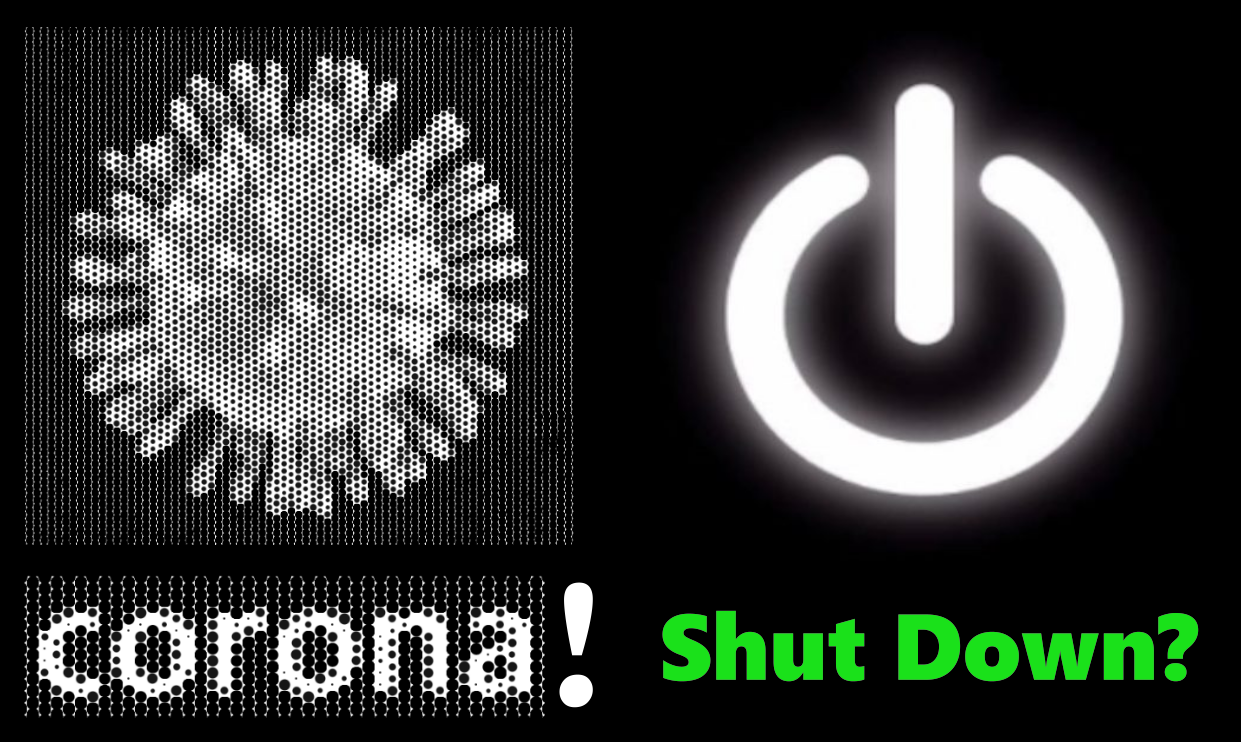The New AIDS Memorial
is consisting of several components – the reconstruction of the memorial released on 1 December 2001 and its extension through a new film collection, entitled: “LGBT – Gender Identity Film Collection.
The Memorial site – is a very personal tribute to the victims of AIDS, Agricola de Cologne was initiating on occasion of 1 December 2001 (Unesco World AIDS Day). It is dedicated to all friends and relatives who died of AIDS, and beyond that specifically all artists who died of AIDS, and generally to all people on Earth being HIV infected, suffering of AIDS and died of AIDS.
Agricola de Cologne grew up as a part of the generation who was living for the first time in history in sexual freedom. Most of the student fellows in Munich and Amsterdam (1971-1978) were gay or lesbian, but in 2001 Agricola de Cologne stated for the first time – and was tremendously shocked, that none of these people was still living but died of AIDS meanwhile, and as one of only a few he had survived. He was the survivor of a lost generation.
At first, AIDS was widely underestimated, than the shock of being infected was tremendous, but when many people finally realized the deadly desease wasn’t that deadly, at all, because via a special medical treatment the outbreak of the desease could be put off, they reacted defiantly, and continued their former life, in any case all of the affected could not prevent the outbreak and died.
Human immunodeficiency virus infection and acquired immune deficiency syndrome (HIV/AIDS) is a spectrum of conditions caused by infection with the human immunodeficiency virus (HIV). Following initial infection, a person may not notice any symptoms or may experience a brief period of influenza-like illness.Typically, this is followed by a prolonged period with no symptoms. As the infection progresses, it interferes more with the immune system, increasing the risk of developing common infections such as tuberculosis, as well as other opportunistic infections, and tumors that rarely affect people who have uncompromised immune systems. These late symptoms of infection are referred to as acquired immunodeficiency syndrome (AIDS).[5] This stage is often also associated with unintended weight loss.
 HIV is spread primarily by unprotected sex (including anal and oral sex), contaminated blood transfusions, hypodermic needles, and from mother to child during pregnancy, delivery, or breastfeeding. Some bodily fluids, such as saliva and tears, do not transmit HIV. Methods of prevention include safe sex, needle exchange programs, treating those who are infected, pre- and post-exposure prophylaxis, and male circumcision. Disease in a baby can often be prevented by giving both the mother and child antiretroviral medication.[4] There is no cure or vaccine; however, antiretroviral treatment can slow the course of the disease and may lead to a near-normal life expectancy. Treatment is recommended as soon as the diagnosis is made.[14] Without treatment, the average survival time after infection is 11 years.
HIV is spread primarily by unprotected sex (including anal and oral sex), contaminated blood transfusions, hypodermic needles, and from mother to child during pregnancy, delivery, or breastfeeding. Some bodily fluids, such as saliva and tears, do not transmit HIV. Methods of prevention include safe sex, needle exchange programs, treating those who are infected, pre- and post-exposure prophylaxis, and male circumcision. Disease in a baby can often be prevented by giving both the mother and child antiretroviral medication.[4] There is no cure or vaccine; however, antiretroviral treatment can slow the course of the disease and may lead to a near-normal life expectancy. Treatment is recommended as soon as the diagnosis is made.[14] Without treatment, the average survival time after infection is 11 years.
AIDS was first clinically reported on June 5, 1981, with five cases in the United States. The initial cases were a cluster of injecting drug users and homosexual men with no known cause of impaired immunity who showed symptoms of Pneumocystis carinii pneumonia (PCP), a rare opportunistic infection that was known to occur in people with very compromised immune systems.[223] Soon thereafter, an unexpected number of homosexual men developed a previously rare skin cancer called Kaposi’s sarcoma (KS). Many more cases of PCP and KS emerged, alerting U.S. Centers for Disease Control and Prevention (CDC) and a CDC task force was formed to monitor the outbreak.
 In the early days, the CDC did not have an official name for the disease, often referring to it by way of the diseases that were associated with it, for example, lymphadenopathy, the disease after which the discoverers of HIV originally named the virus. They also used Kaposi’s sarcoma and opportunistic infections, the name by which a task force had been set up in 1981. At one point, the CDC coined the phrase “the 4H disease”, since the syndrome seemed to affect heroin users, homosexuals, hemophiliacs, and Haitians. In the general press, the term “GRID”, which stood for gay-related immune deficiency, had been coined. However, after determining that AIDS was not isolated to the gay community, it was realized that the term GRID was misleading and the term AIDS was introduced at a meeting in July 1982. By September 1982 the CDC started referring to the disease as AIDS.
In the early days, the CDC did not have an official name for the disease, often referring to it by way of the diseases that were associated with it, for example, lymphadenopathy, the disease after which the discoverers of HIV originally named the virus. They also used Kaposi’s sarcoma and opportunistic infections, the name by which a task force had been set up in 1981. At one point, the CDC coined the phrase “the 4H disease”, since the syndrome seemed to affect heroin users, homosexuals, hemophiliacs, and Haitians. In the general press, the term “GRID”, which stood for gay-related immune deficiency, had been coined. However, after determining that AIDS was not isolated to the gay community, it was realized that the term GRID was misleading and the term AIDS was introduced at a meeting in July 1982. By September 1982 the CDC started referring to the disease as AIDS.
AIDS Memorial 2001

The 2001 Memorial is representing a reconstruction of the orinially in Flash created memorial – which however is no longer accessable due to the obsolete technology. Some of the linked contributions are based on dead links, and heve been removed therefore.
Many artists participating in the AIDS Memorial were contributing a tribute to an artist who died of AIDS.
Participating artists:
Robert Atkins, Antonio Sassu, Michael von Karkowsky, Agricola de Cologne, Eldar Karhalev, Fatima Lasay, John Abrams, Peter Wright, Joey Gilman, Joe de Hoyos, David B. Abbott, Max Greenberg, James Greenwood, Digital Sisters Indeed , Jayce Salloum, Martin Nossen, Jack Pierson, Rick Miller, Bobby Nelson, Jochen Klein, Arnold Kall, Attila Lukacz , Jack Hart, Masami Teraoka, Jim Hodges, Angela McCullough, Peter Hujar, Niels Pfahl, Vincenzo Scarpi, Nicolas Nixon, Nikolaus Utermoeler, Niels Pfahl, Roger Lips, Ferdi Kroll, Elisabeth Olson , Mara Nortrup, Loel Poor, Todd Perl, Hunter Reynolds , Todd Perl, David Woynorowicz , Mary Berridge, Juan Luis Belem, Andreas Fux, Michael Treiber, Marc Morrisroe, Bill Jacobson, Robert Giard Photo Gallery, Maria van Royen, Dean Lance, Danijela, Fid Chinoy, Zsolt Keserue, Mike Haskett, Birgitta Jonsdottir, Gavin Hayward, Gustavo Alberto Garcia Vaca, Domenico Olivero, Seth Lew, Malale Maswanya, Greg Alayon, Catherine March, Karl Grimes, Beate Zurwehme, kevin parks hauser, Owen Plotkin, Stephen Mead





 On 1 December 2020 the LGBT Film Collection will start on ALPHABET screenings – Cinema G (running until 31 December 2020)
On 1 December 2020 the LGBT Film Collection will start on ALPHABET screenings – Cinema G (running until 31 December 2020)



